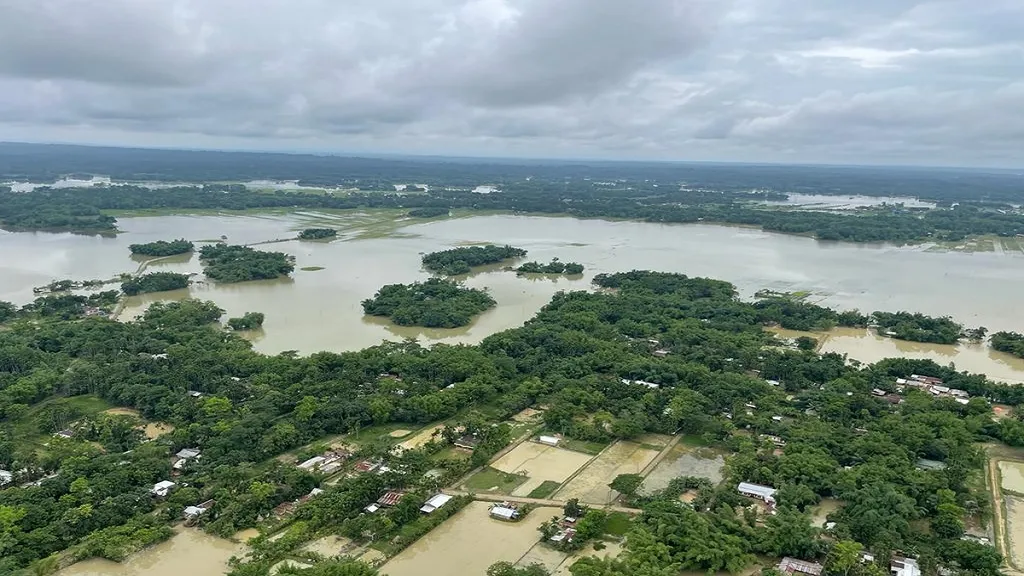In the heart of Assam, India, where the mighty Brahmaputra River carves out the world’s largest riverine island, Majuli, farmers face an annual battle against flooding and its devastating impact on their crops. But a new study published in the journal *Science Talks* (translated as “Science Talks”) offers a beacon of hope, demonstrating how trustworthy AI knowledge systems can revolutionize precision agriculture and agribusiness management.
At the forefront of this research is V. Dhilipkumar, a scientist from Vel Tech Rangarajan Dr. Sagunthala R & D Institute of Science and Technology in India. Dhilipkumar and his team have developed a robust framework that translates complex satellite data into actionable insights for crop health management, specifically targeting water stress and nutrient deficiency in seasonal rice and mustard plantations.
The team leveraged high-resolution LANDSAT 8/9 OLI/TIRS satellite data to compute essential vegetation (NDVI) and land surface temperature (LST) indices. These multi-modal inputs were processed using a pre-trained U-Net++ deep learning architecture, enabling precise pixel-level segmentation of stressed crop areas. The results were impressive, with segmentation accuracy reaching 96.1% and an F1-score of 94.5%, confirming the model’s high reliability.
“What sets this research apart is our commitment to trustworthy AI,” Dhilipkumar explains. “We’ve ensured transparency in data sourcing through standardized indices, model explainability by using established U-Net++ architectures, and validation against known flood-impact scenarios.”
The implications for the agricultural sector are profound. By integrating this AI-driven knowledge system, farmers and agricultural extension services in vulnerable ecosystems like Majuli can receive timely, diagnostic knowledge. This enables them to make informed decisions, implement timely interventions, and ultimately improve crop resilience and yield.
The study also highlights the potential for human-AI collaboration in climate-resilient farming. “Our approach exemplifies the development of trustworthy AI knowledge systems for sustainable agricultural decision-making,” Dhilipkumar adds. “It’s not just about the technology; it’s about empowering people with the right tools to build a more resilient future.”
As the world grapples with the impacts of climate change, this research offers a promising pathway for the energy sector as well. By enhancing agricultural productivity and resilience, we can reduce the pressure on natural resources and contribute to a more sustainable energy future.
The study, published in *Science Talks*, serves as a testament to the power of trustworthy AI in driving innovation and sustainability in agriculture. As we look to the future, the integration of such technologies will be crucial in shaping a more resilient and productive agricultural landscape.

